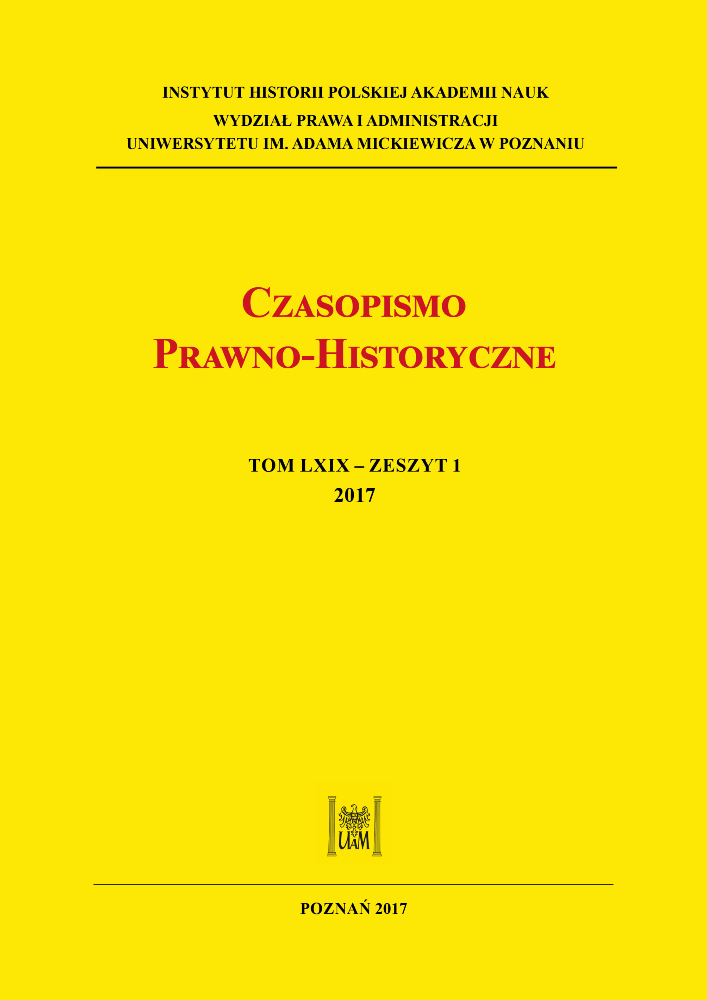Abstrakt
Czechoslovak legislation efficiently abolished the old privileges of the nobility in the interwar period. The abolishment pertained not only to the personal privileges but also to the marital property. It was a consequence of the abolition of the nobility as well as of the noble ranks and decorations in accordance with the 1924 act. The fee tail was among the repealed private law institutions which were connected with the privileged status of the nobility. It is common knowledge that the fee tail was one of the special forms of securing the property of the nobility which was accomplished through complexinheritance law. Its abolition was supposed to be connected with the political and social program of the Czechoslovak government. The aim of the changes was to implement a new and fairer division of land ownership. The following study aims its attention in the direction of the genesis of the fee tail on the lands of the former Kingdom of Hungary and its evolution in the Czechoslovak Republic. The present deliberations are based on the rich legal literature on the subject. Furthermore, the aim was to present the legal institution which occupied a central position in the system of property law, inheritance law and family law.
Licencja

Utwór dostępny jest na licencji Creative Commons Uznanie autorstwa – Użycie niekomercyjne – Bez utworów zależnych 4.0 Międzynarodowe.




